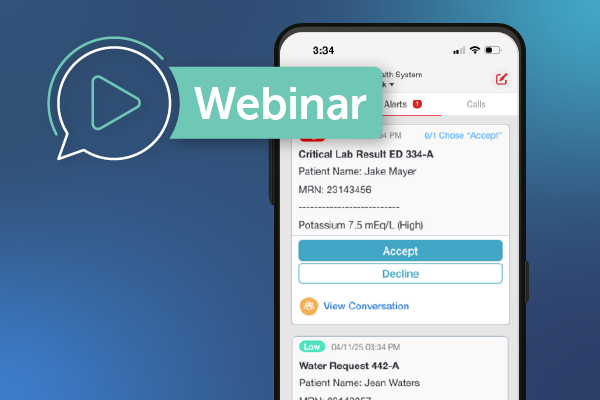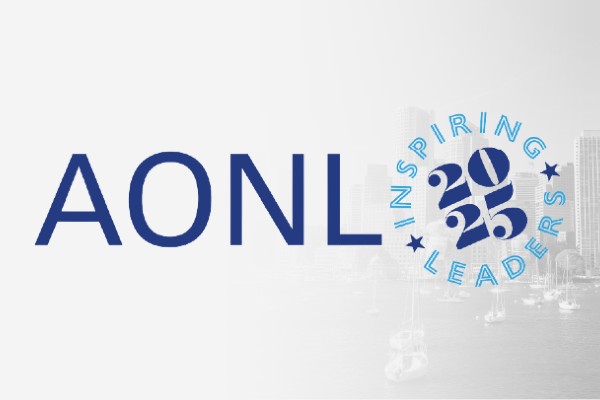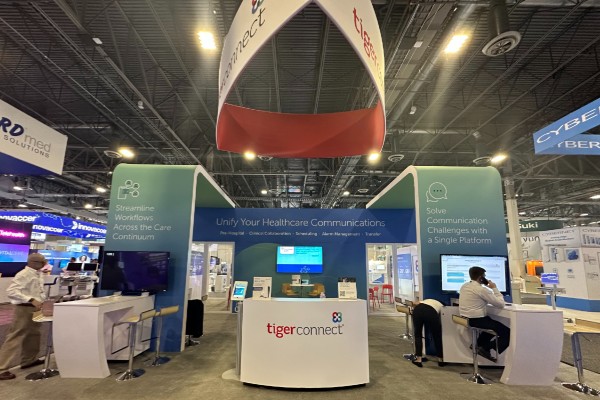
How Rehabilitation Technology Benefits Patient and Care Team Communication
The primary goal in healthcare is to deliver the best possible care to patients. This requires effective communication and collaboration among care team members, including patients and their families. In rehabilitation facilities, this becomes even more crucial as patients require comprehensive care across various stages of their recovery process. Substance use disorder patients often have urgent needs, and care team members may need to coordinate care plans and communicate critical patient information in real time. Additionally, care team members may be spread across different locations, making it challenging to collaborate seamlessly. By utilizing rehabilitation technology, rehab facilities can improve patient communication, care team collaboration, and cross-continuum care.

Solving Clinical Workflow Inefficiencies With Improved Care Team Collaboration
Bridging the gap in patient communication with rehabilitation technology
Effective communication is the cornerstone of any successful rehabilitation program. Patient outreach is essential to ensuring patients have the support they need during their recovery. Modern patient engagement platforms allow patients to communicate securely and in real time with recovery specialists. Patients can share updates on their progress, ask questions, and receive fast responses from a recovery specialist. This enhances patient engagement and encourages patients to stay motivated throughout their recovery journey, reducing the potential for relapses and readmissions.
Patient engagement platforms also support a high-touch care delivery approach with video calls, allowing care teams to conduct virtual visits with patients who cannot come to the facility in person. Advanced solutions like TigerConnect Patient Engagement offers automated appointment reminders, which help reduce administrative tasks and patient no-show appointments.
Enhanced care team collaboration
Care team collaboration is critical to the success of rehabilitation programs. Fast interventions, readmission alerts, and new patient outreach rely on streamlined communication and collaboration. However, care teams are often dispersed across multiple locations, slowing communication and delaying care plans. Modern clinical communication and collaboration (CC&C) platforms like TigerConnect provide a centralized hub where care team members can seamlessly collaborate. The platform integrates with various healthcare systems, including EHRs, to enable care teams to access patient information in real-time.
Care teams can communicate with primary care providers, specialists, and other healthcare providers involved in the patient’s care. This ensures that everyone on the care team is up-to-date on the patient’s progress and can work together to create a comprehensive intervention plan. Additionally, TigerConnect offers advanced notification features, enabling care team members to be alerted to critical patient updates and respond promptly.
Building the road to recovery, one brick at a time – lessons from RWJBarnabas Health
At RWJBarnabas Health, the Peer Recovery program relies heavily on timing; fast intervention and rapid access to critical data are essential in providing successful treatment and setting substance use disorder patients on the road to recovery. With the number of patients rapidly increasing, Peer Recovery was quickly overwhelmed by call volume. Being proactive, they searched for an efficient way to alert care teams of patient readmissions so they could intervene promptly while maintaining care capacity and quality.
RWJBarnabas Health improved time to intervention by setting up triggers and alerts that automatically route to the patient’s care team. Using automated triggers and intelligent role-based messaging reduced manual steps, leading to faster patient interventions. The Peer Recovery program increased monthly referrals and reduced response time to less than 10 minutes using TigerConnect.
To learn more about how TigerConnect is helping rehabilitation facilities improve patient outcomes, watch how RWJBarnabas Health addresses substance use disorders through its Peer Recovery program.
Featured Resources
Related Articles



















